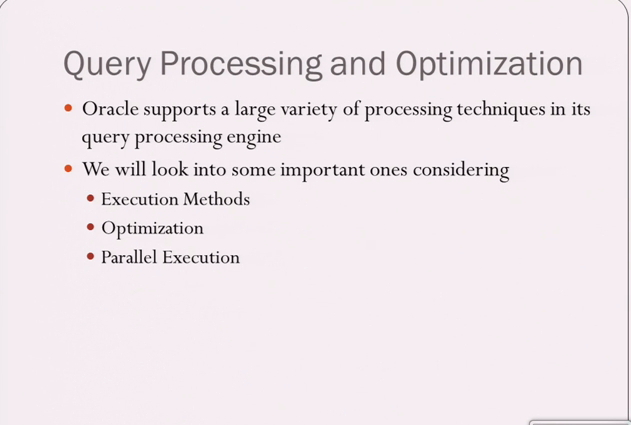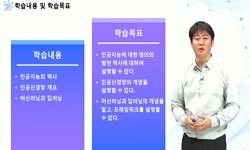Objective We developed a fully automated smartphone-based stress management application and explored its usability, potential feasibility, and preliminary efficacy for stress management in Korean employees. Methods: Healthy employees working in large...
http://chineseinput.net/에서 pinyin(병음)방식으로 중국어를 변환할 수 있습니다.
변환된 중국어를 복사하여 사용하시면 됩니다.
- 中文 을 입력하시려면 zhongwen을 입력하시고 space를누르시면됩니다.
- 北京 을 입력하시려면 beijing을 입력하시고 space를 누르시면 됩니다.




Smart Stress Care: Usability, Feasibility and Preliminary Efficacy of Fully Automated Stress Management Application for Employees
한글로보기https://www.riss.kr/link?id=A105611894
- 저자
- 발행기관
- 학술지명
- 권호사항
-
발행연도
2018
-
작성언어
-
- 주제어
-
KDC
510
-
등재정보
KCI등재,SCIE,SSCI,SCOPUS
-
자료형태
학술저널
-
수록면
991-999(9쪽)
- 제공처
-
0
상세조회 -
0
다운로드
부가정보
다국어 초록 (Multilingual Abstract)
Objective We developed a fully automated smartphone-based stress management application and explored its usability, potential feasibility, and preliminary efficacy for stress management in Korean employees.
Methods: Healthy employees working in large public enterprises were enrolled. Participants used our automated stress management application for four weeks. With the application, they monitored their stress level and life style factors. Personalized stress management techniques, including psychoeducation and cognitive behavioral technique, were also provided based on their stress level and lifestyle pattern. In 2014, additional relaxation techniques were incorporated. Participants’ mental health status and lifestyle pattern were self-assessed at baseline and at 4 weeks after using the application.
Results: A total of 68 subjects were recruited. The application generally received high satisfaction rating. After the intervention, perceived stress level was significantly decreased, both in 2013 and 2014 (BEPSI-K score pre. vs. post. 14.27 vs. 11.00, F=12.49, p=0.001 in 2013; 12.05 vs. 10.00, F=17.18, p<0.001). In 2014, depression symptom severity was also significantly decreased (CES-D score pre- vs. Post-, 17.66 vs. 11.95, F=9.76, p=0.004). The effects were more significant in females and in those <35 years.
Conclusion: Our fully automated stress management application is acceptable and usable, showing preliminary efficacy for reducing employees’ stress levels.
목차 (Table of Contents)
- INTRODUCTION
- METHODS
- RESULTS
- DISCUSSION
- INTRODUCTION
- METHODS
- RESULTS
- DISCUSSION
동일학술지(권/호) 다른 논문
-
Adult Guardianship in Korea: What Do Psychiatrists Need to Know?
- 대한신경정신의학회
- Hyun Kook Lim
- 2018
- KCI등재,SCIE,SSCI,SCOPUS
-
- 대한신경정신의학회
- Fang Shen
- 2018
- KCI등재,SCIE,SSCI,SCOPUS
-
- 대한신경정신의학회
- Ji young Lyu
- 2018
- KCI등재,SCIE,SSCI,SCOPUS
-
Spatial Learning and Memory Using a Radial Arm Maze with a Head-Mounted Display
- 대한신경정신의학회
- Hyun-jeong Kim
- 2018
- KCI등재,SCIE,SSCI,SCOPUS





 스콜라
스콜라






